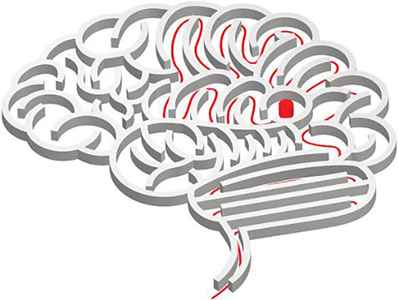As many might not know, April is Parkinson’s Awareness Month. Commonly known for its movement or motor-related symptoms, such as tremors, abnormally slow movements, etc., Parkinson’s disease also has non-motor symptoms like apathy, depression, sleep behavior disorders, loss of sense of smell, and cognitive impairment.
The Parkinson’s Foundation has multiple regional chapters around the country and conveniently has a chapter in California. For more information about this chapter and the resources provided, please visit https://www.parkinson.org/california.
As an educational partner of the Parkinson’s Foundation, Jeb Butler of SYNERGY HomeCare North County- San Marcos, a provider of in-home, non-medical care, is available to share tips and possibly do a coverage piece discussing how to live a full life with Parkinson’s disease. The Parkinson’s tips include:
You can improve your disease at every stage by ensuring that you stay fit and receive adequate sleep and proper nutrition. Exercise is particularly important for improving mobility, stamina, mood, and quality of life.
According to the Parkinson’s Outcomes Project, the largest clinical study of Parkinson’s disease through our Centers of Excellence network, increasing physical activity to at least 2.5 hours a week can slow the decline in quality of life.
Caregivers can provide support in staying active as well as keeping up with prescribed physical therapy exercises, occupational therapy recommended daily living modifications or adaptations, and speech exercises. This can include gait and balance training, resistance training, and regular exercise.
It can take a long time to be officially diagnosed with Parkinson’s disease. Symptoms to be aware of include slowness of movement and rigidity; difficulty with balance, swallowing, chewing, and speaking; cognitive impairment and dementia; and mood disorders.
Parkinson’s Disease (PD) is progressive so symptoms will evolve over time. People in the early stages of Parkinson’s typically require only emotional support. As the disease progresses, people with Parkinson’s may need more help staying on top of doctor’s appointments and medication reminders.
Keep a calendar of Parkinson’s progression and medical trips. Note particular days where you first notice additional symptoms. Note what days they start a particular medication.



















